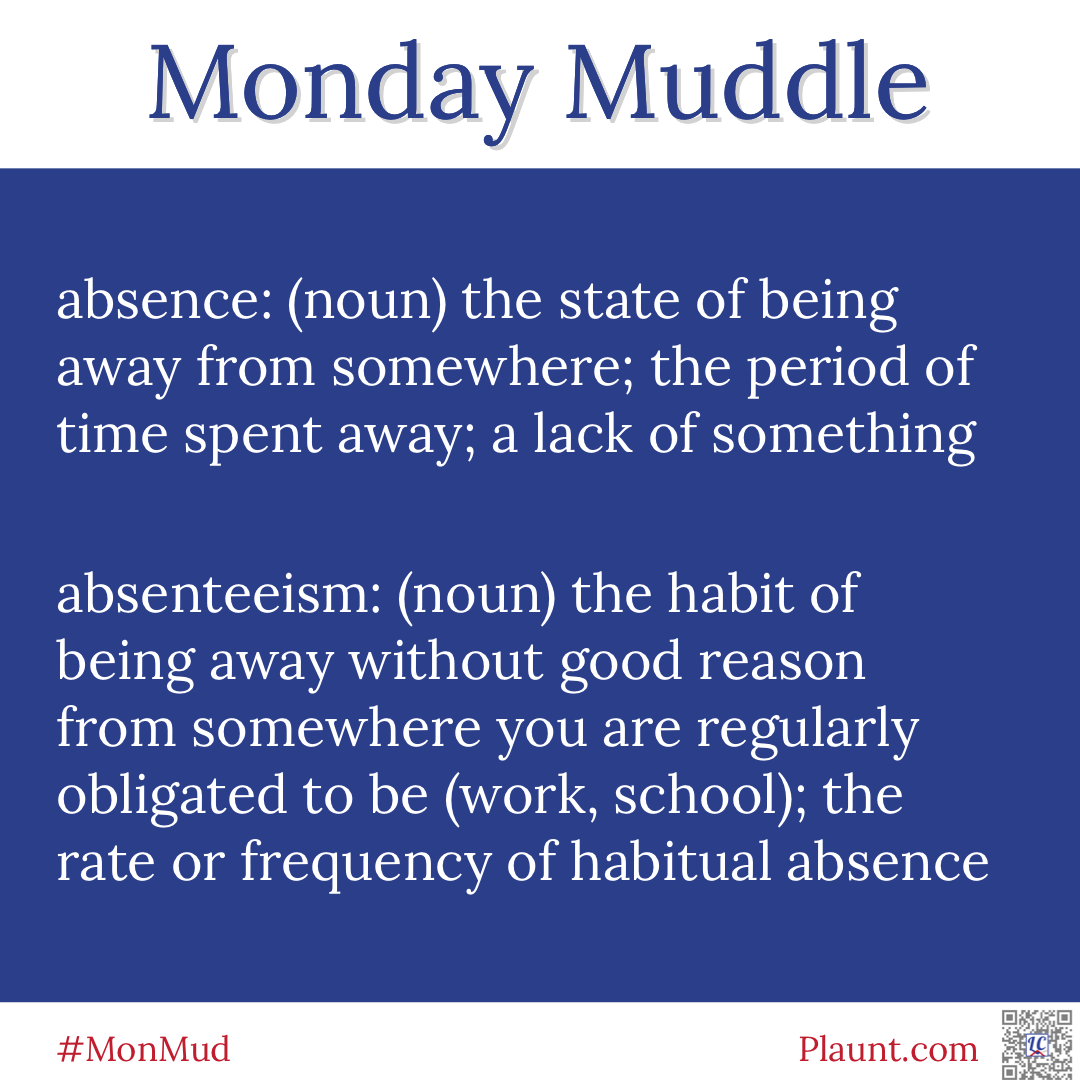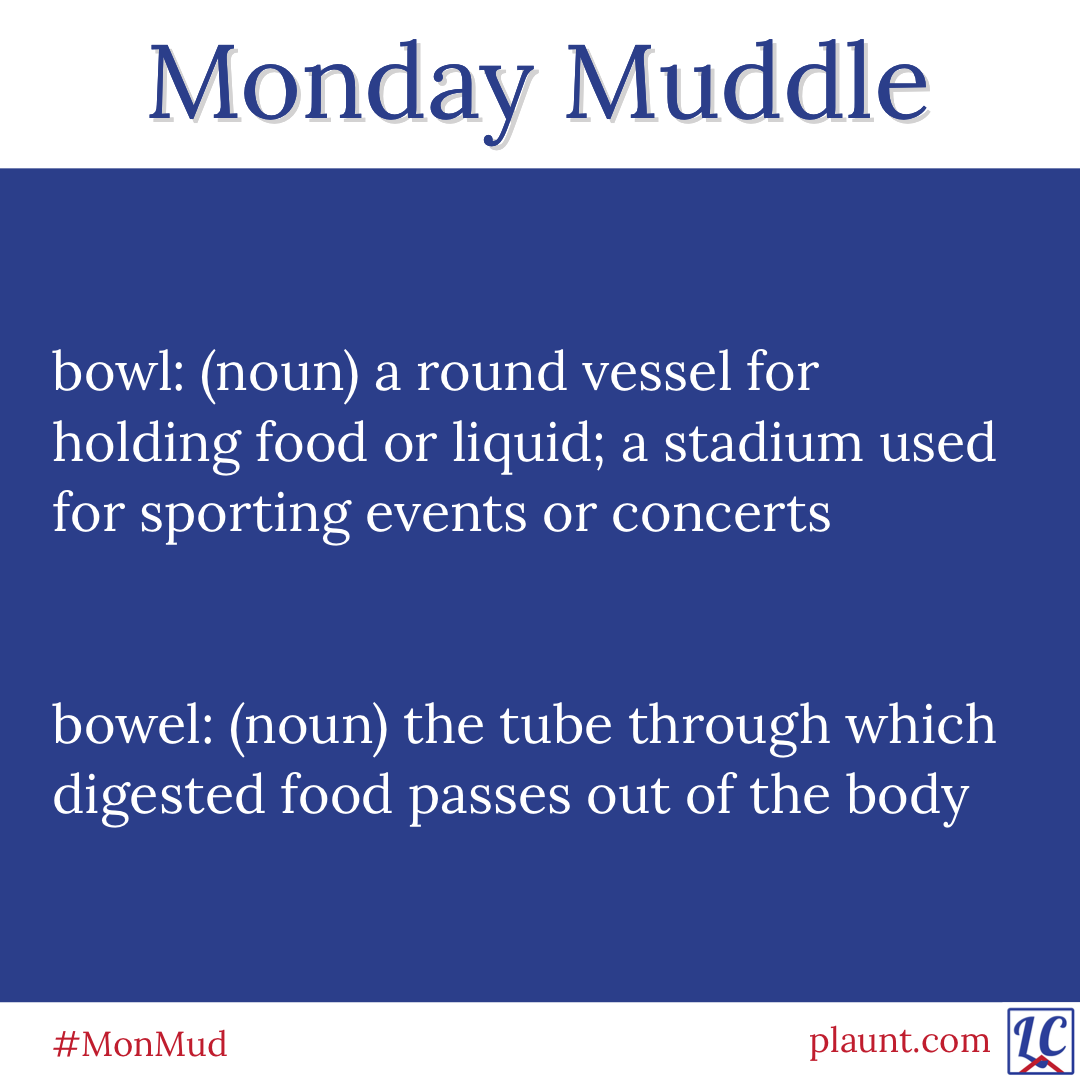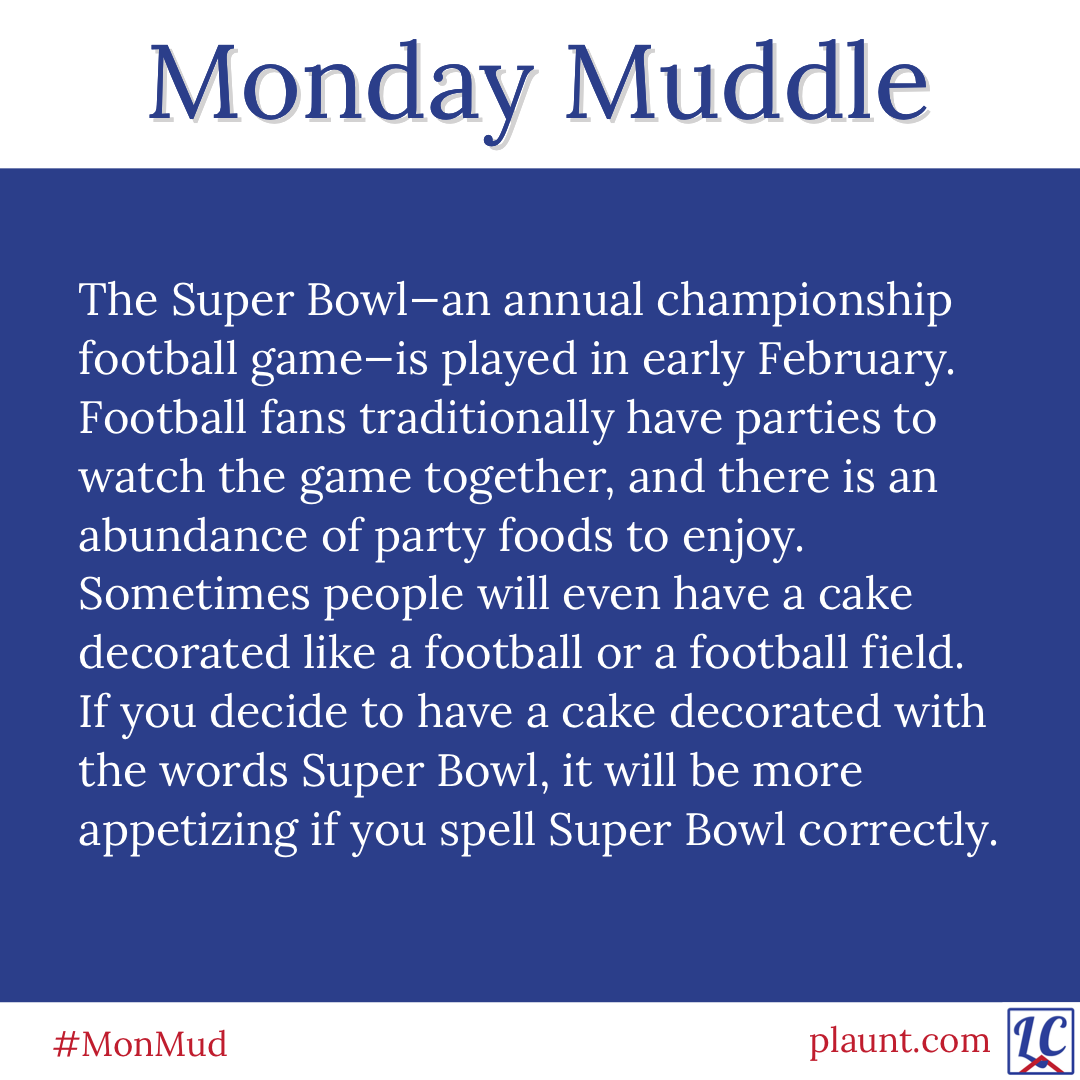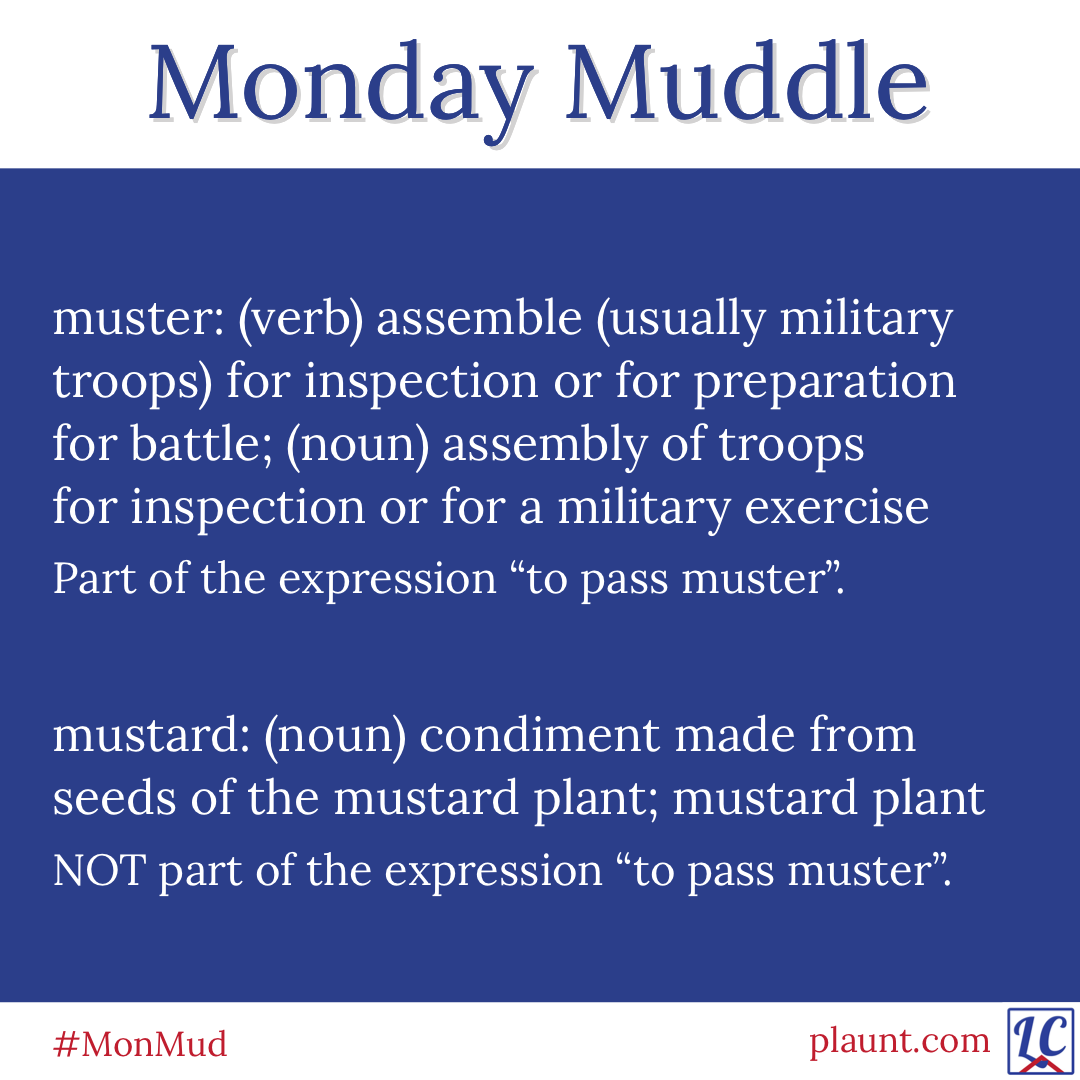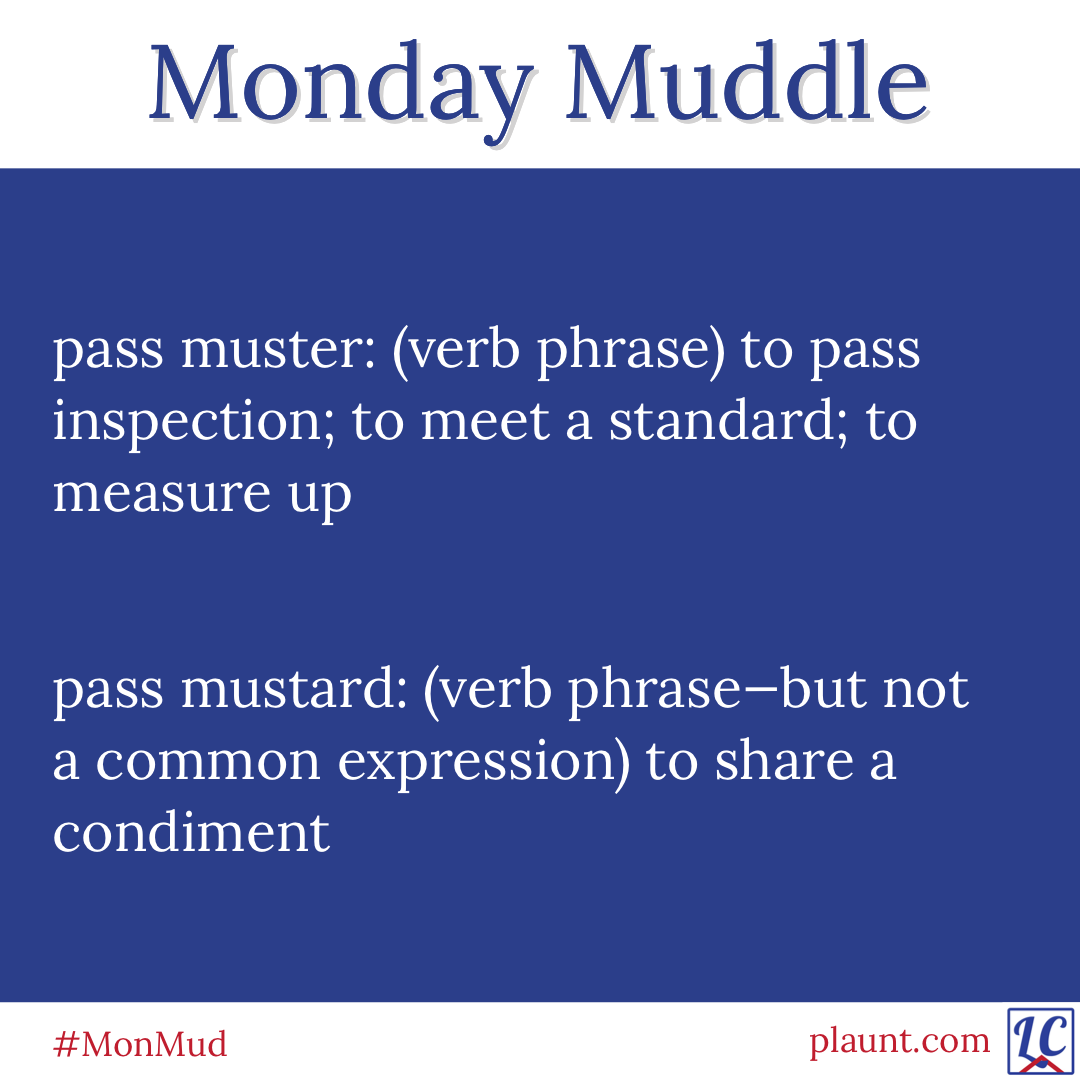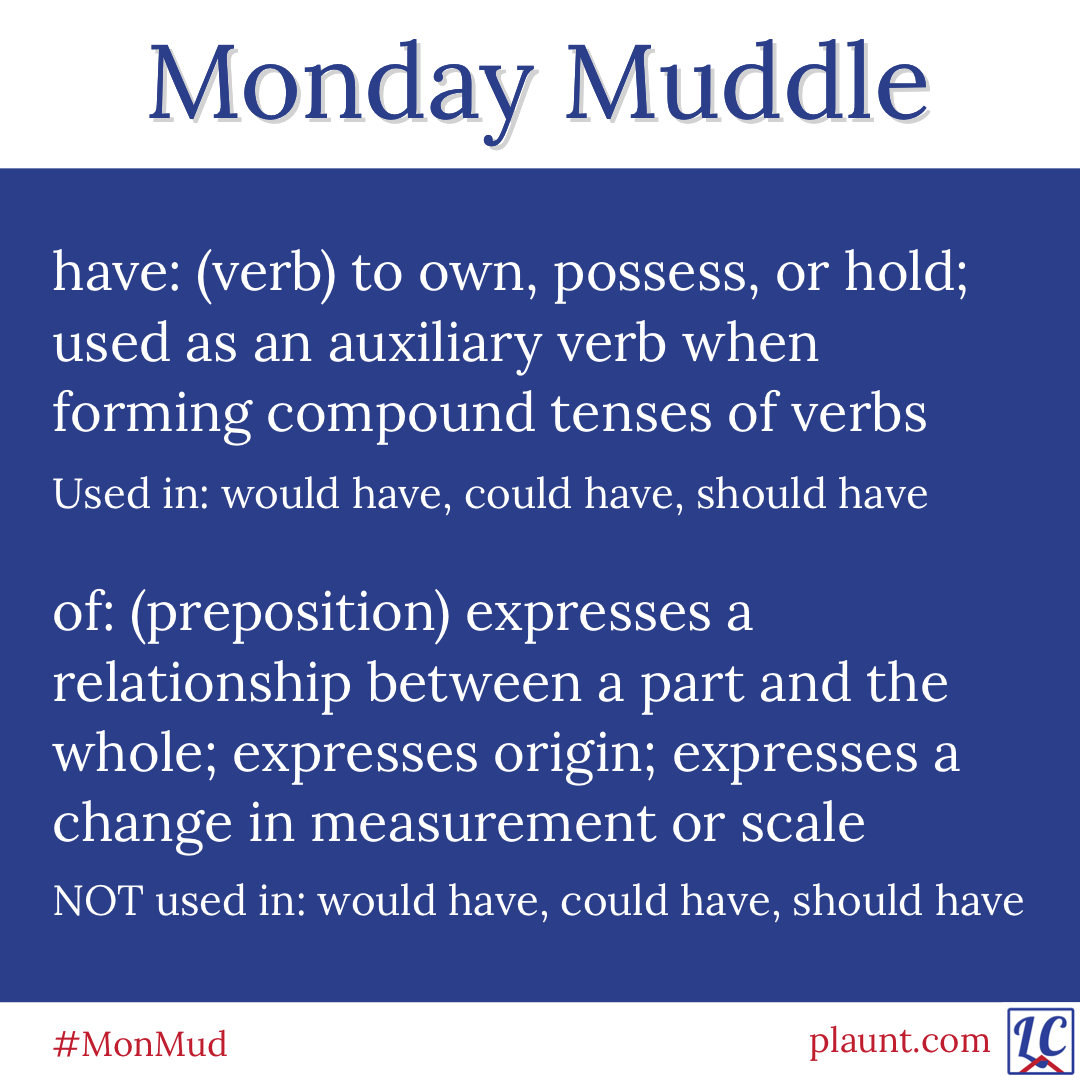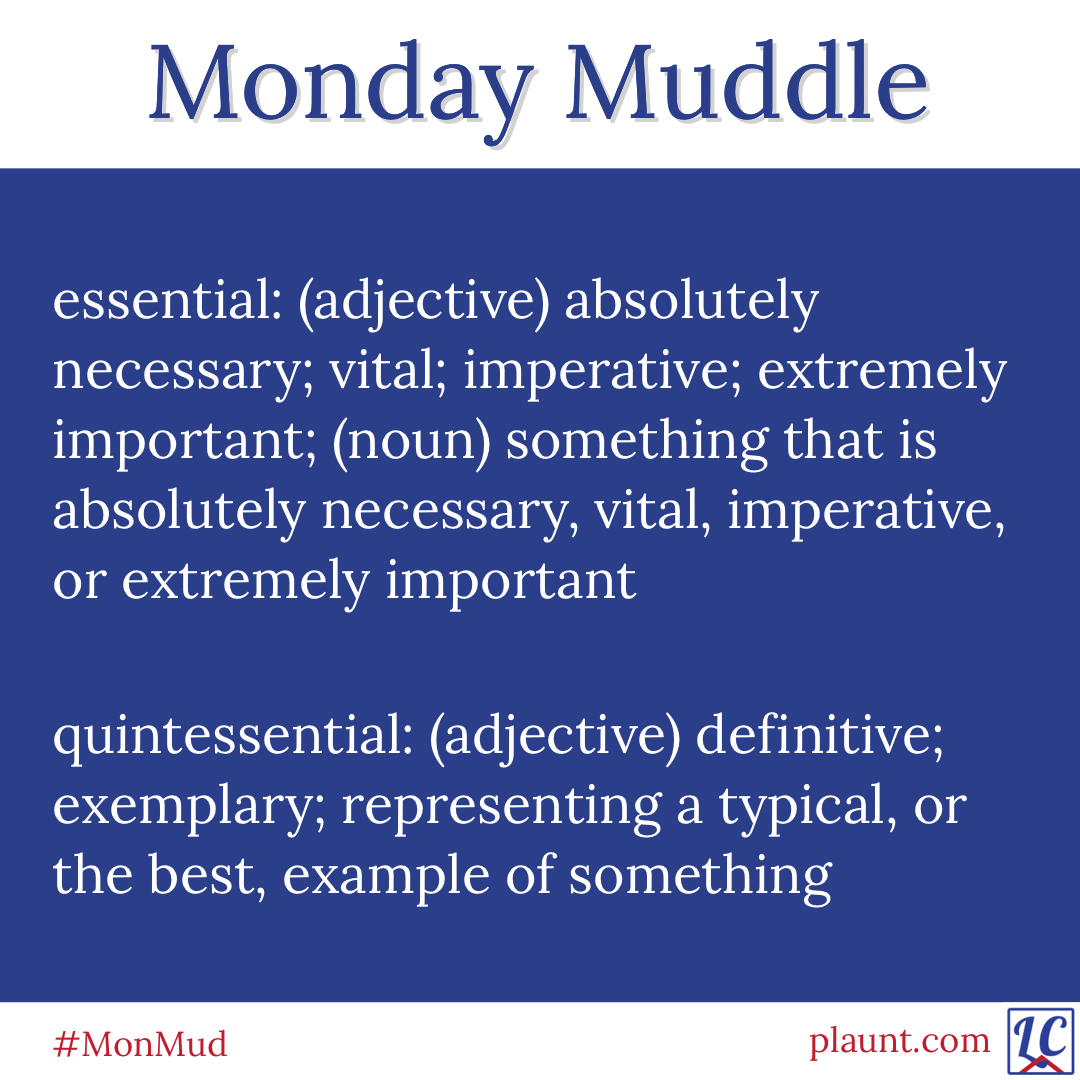Please share if you think this would be helpful for someone.
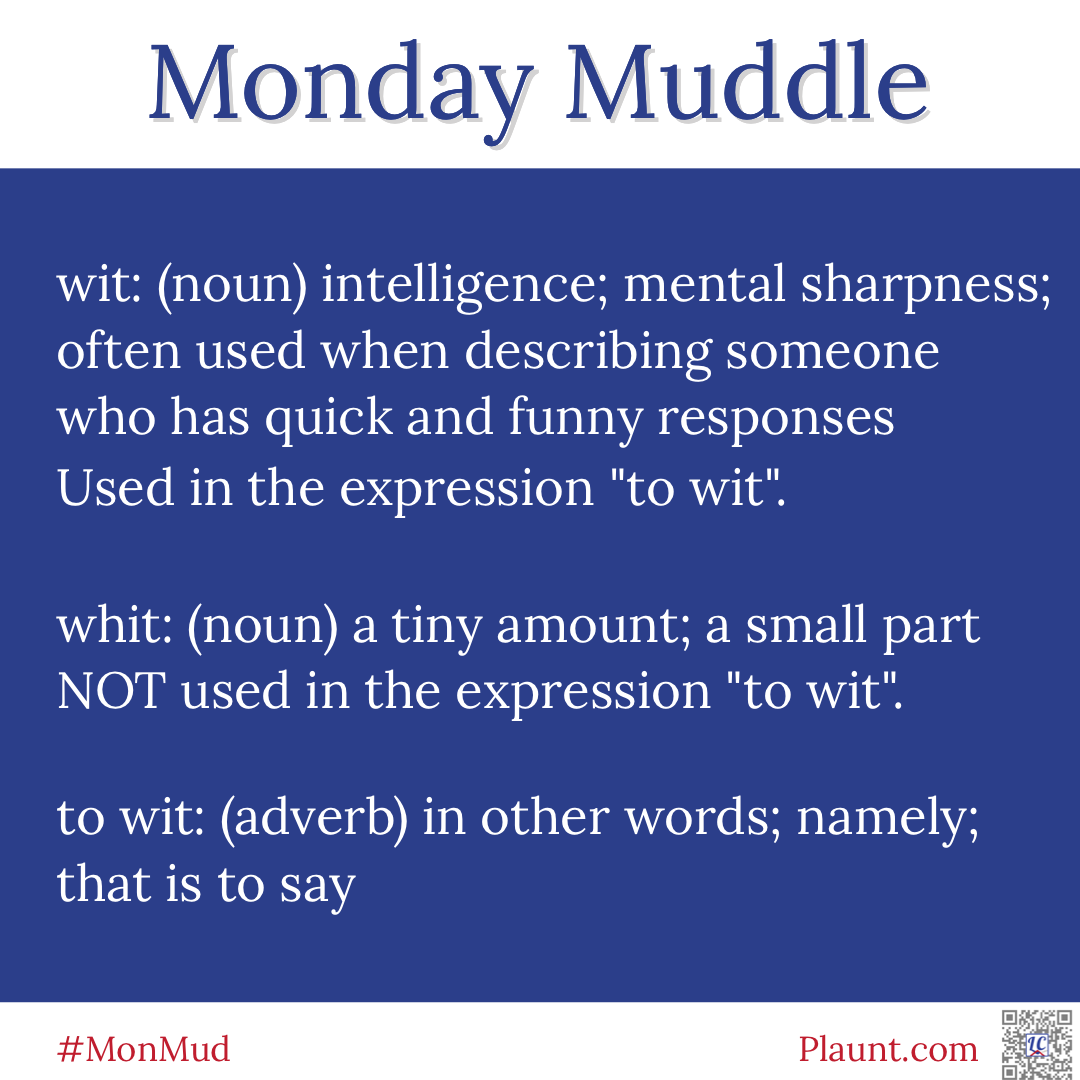
Please share if you think this would be helpful for someone.

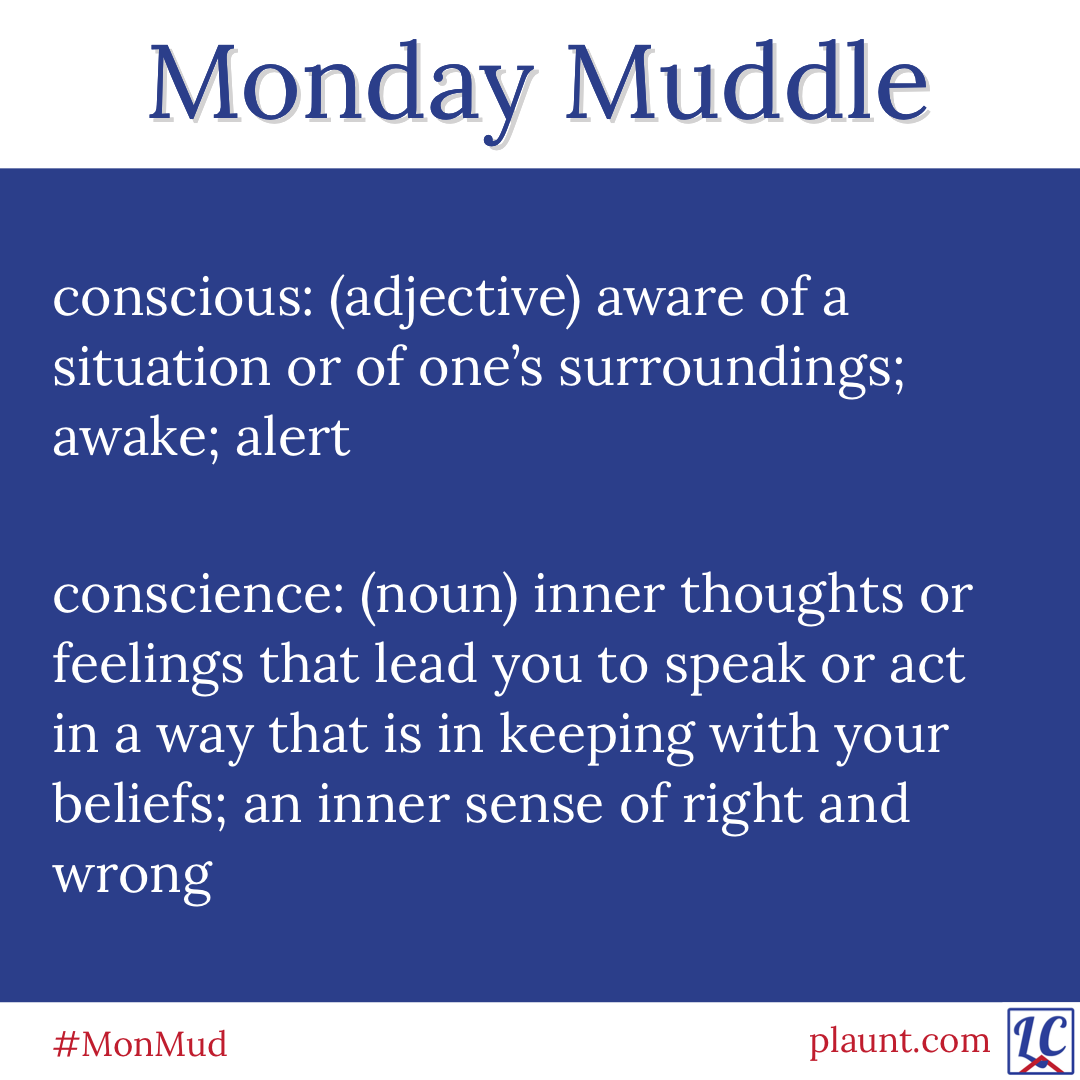
The noun form of the adjective conscious is consciousness. That is what you would regain if you had been asleep, knocked out, or in a coma. Hopefully you will never lose your conscience, and therefore you won’t need to regain it.
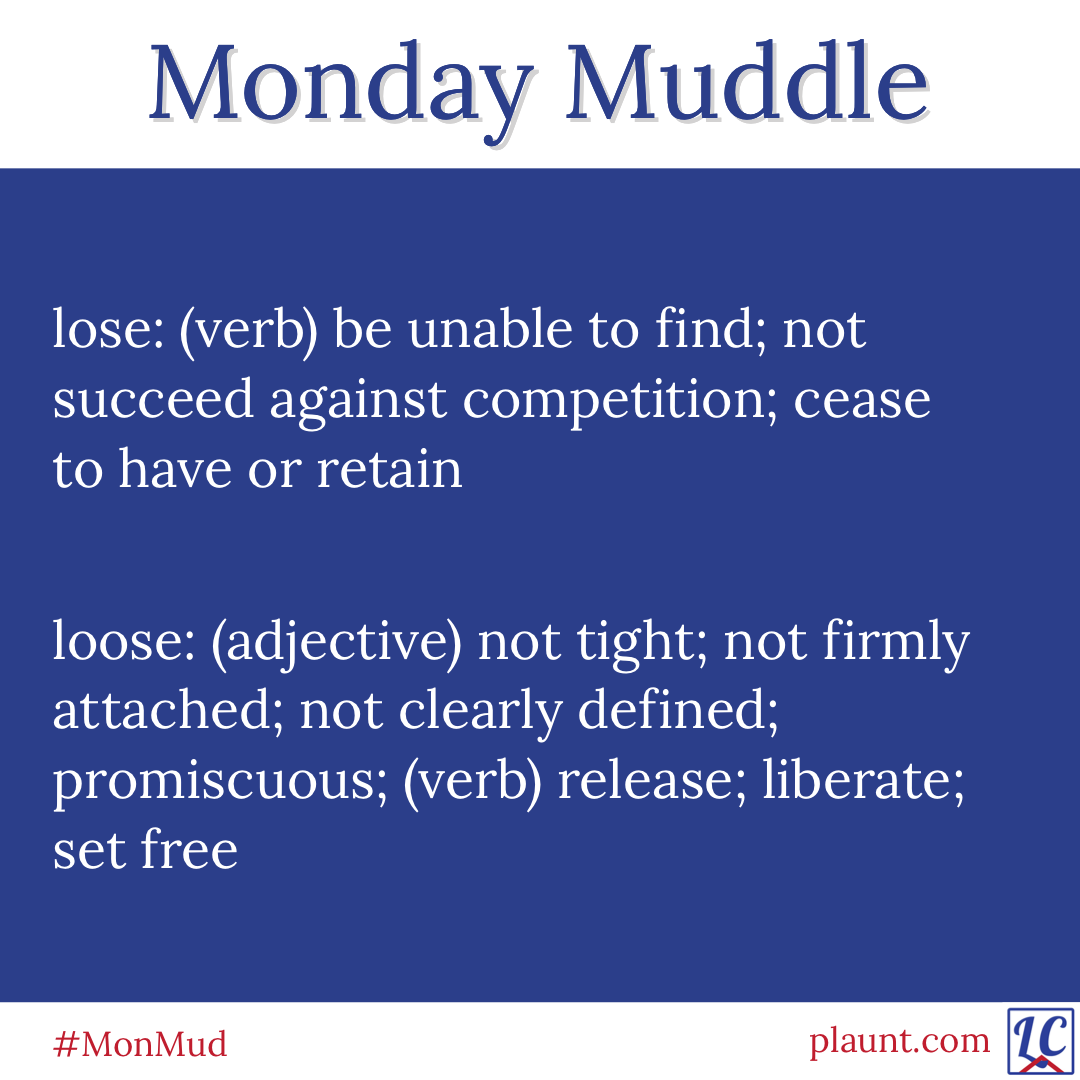
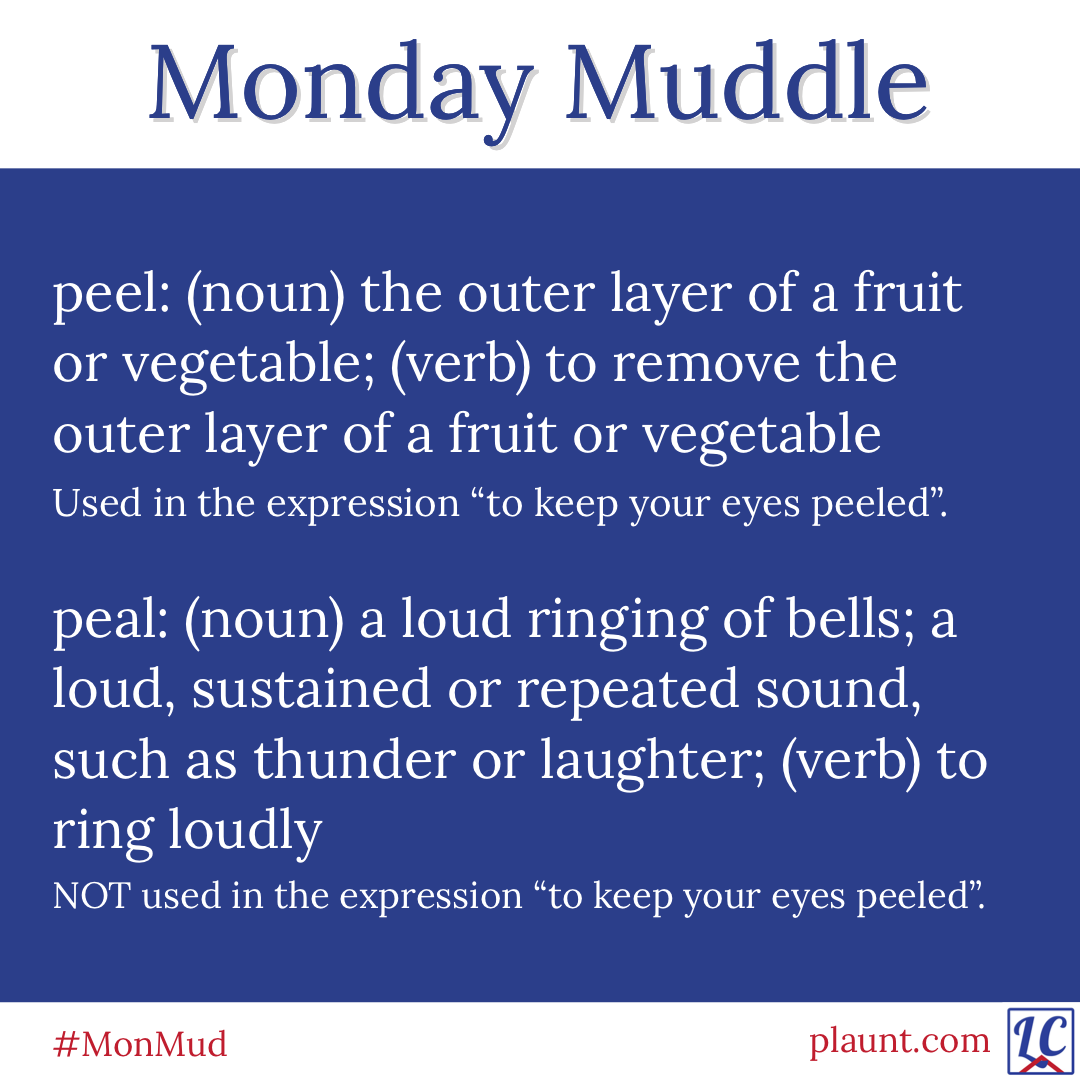
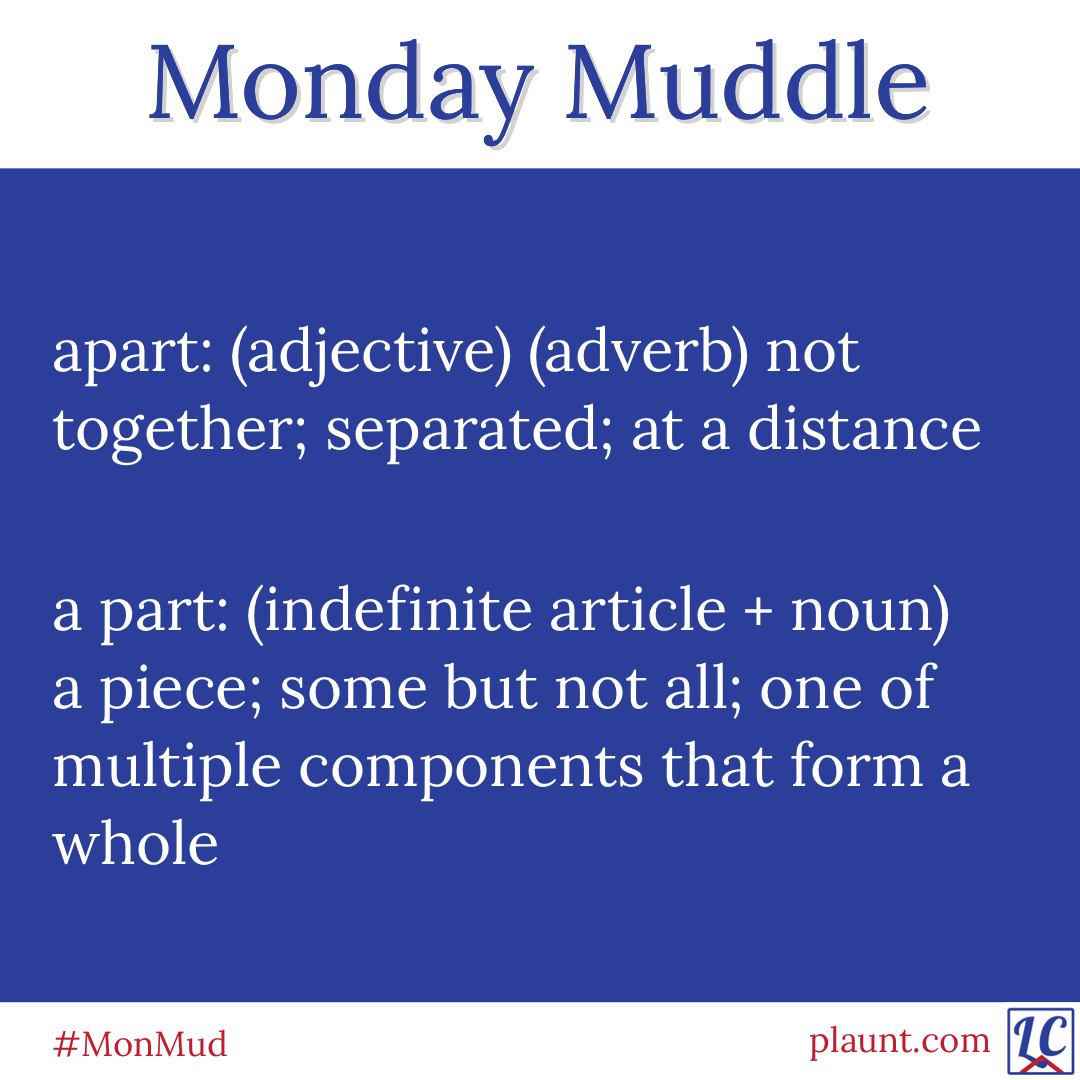
These terms are basically opposites of each other. One means not together; the other indicates that it goes together with at least one additional part. If you are including either term in love notes to your sweetheart, you are going to want to get it right.
Memory Tip: The term without a space–where the letters are all together–is the one that means not together.
